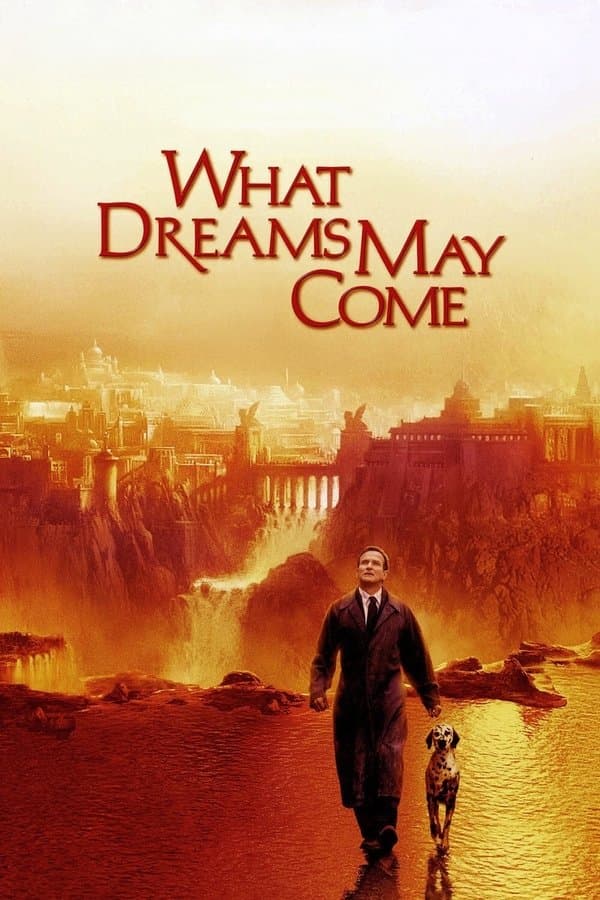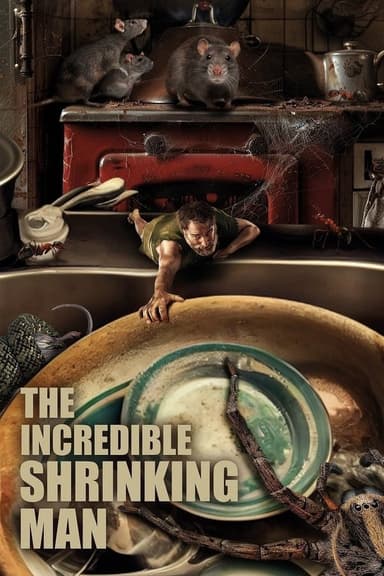
What Dreams May Come
1998 • Drama, Fantasy, Romance • PG-13
Chris Nielsen dies to find himself in a heaven more amazing than he could have ever dreamed of. There is one thing missing: his wife. After he dies, his wife Annie killed herself and went to hell. Chris decides to risk eternity in Hades for the small chance that he will be able to bring her back to heaven.
Runtime: 1h 53m
Why you should read the novel
Richard Matheson’s novel What Dreams May Come offers a profoundly moving exploration of the afterlife, colored by deep philosophical questions and vivid imaginative detail that surpasses even the film’s grand artistry. Reading the book allows you to experience each character’s internal struggle and emotional growth firsthand, in ways that cinematic adaptation often overlooks or simplifies. The novel’s unique narrative perspective, blending spiritual awe with human vulnerability, provides a richer, more introspective journey that invites readers to contemplate the mysteries of love, mortality, and existence itself.
Adaptation differences
The movie adaptation of What Dreams May Come takes significant creative liberties with Richard Matheson's novel, beginning with changes to the protagonist's family dynamics. In the book, Chris and Ann have only one child, whereas the film gives them two, altering the emotional landscape and motivations that drive the characters’ actions and deepening the backstory in a way that diverges from the source material. This change also impacts the narrative themes of grief and connection, shifting the focus in subtle but meaningful ways.
Another major difference lies in the portrayal of the afterlife. The novel presents the afterlife with extensive philosophical and metaphysical discussions, exploring intricate spiritual theories and concepts based on Matheson’s research into the occult and spiritualism. The film, conversely, relies heavily on visual metaphor, translating Matheson’s elaborate spiritual world into emotionally evocative, painterly visuals that prioritize emotional experience over detailed metaphysical exposition.
Ann’s fate is also treated differently across the two mediums. In the book, suicide is examined in the context of spiritual consequences and soul-searching, with the narrative drawing from theological and philosophical investigations. The film softens these elements, framing Ann’s journey in a more redemptive, romantic light and making her reunion with Chris more visually spectacular and accessible to a wider audience.
Finally, the endings depart in tone and emphasis. Matheson’s ending is more ambiguous and rooted in his philosophical explorations of reincarnation and eternal return, prompting readers to contemplate broader existential questions. The film opts for a tidy, emotionally satisfying conclusion that emphasizes the power of enduring love, showcasing closure in a visually resonant manner that departs from the novel’s open-ended reflection.
What Dreams May Come inspired from
What Dreams May Come
by Richard Matheson













